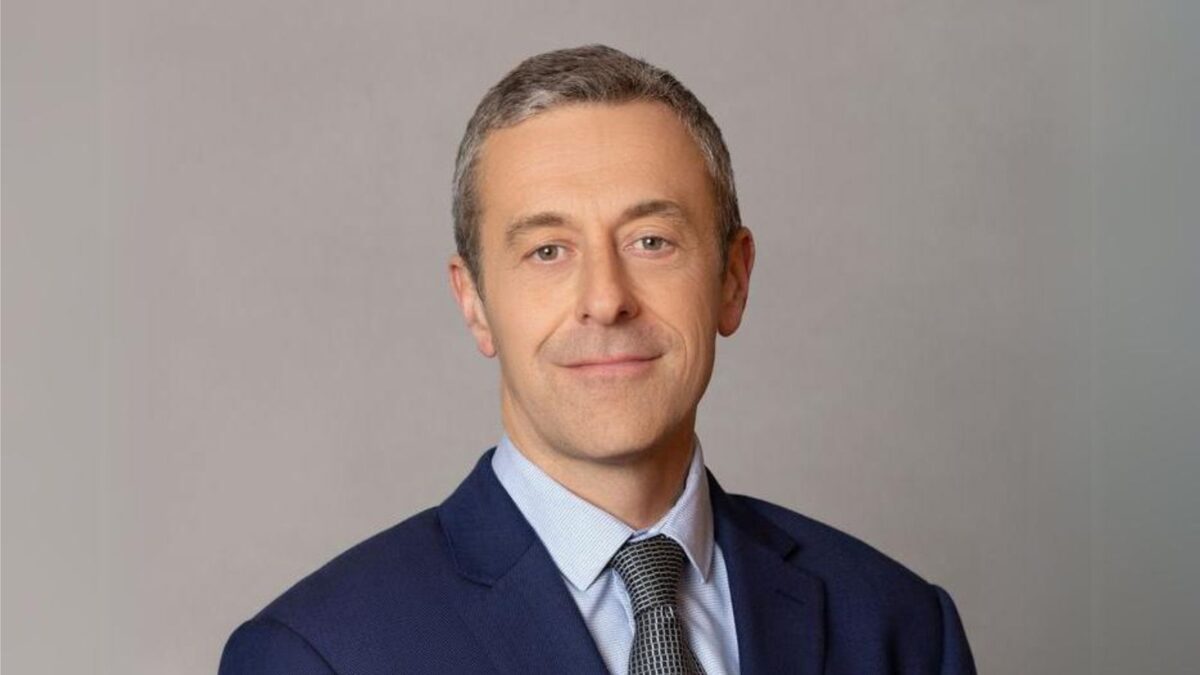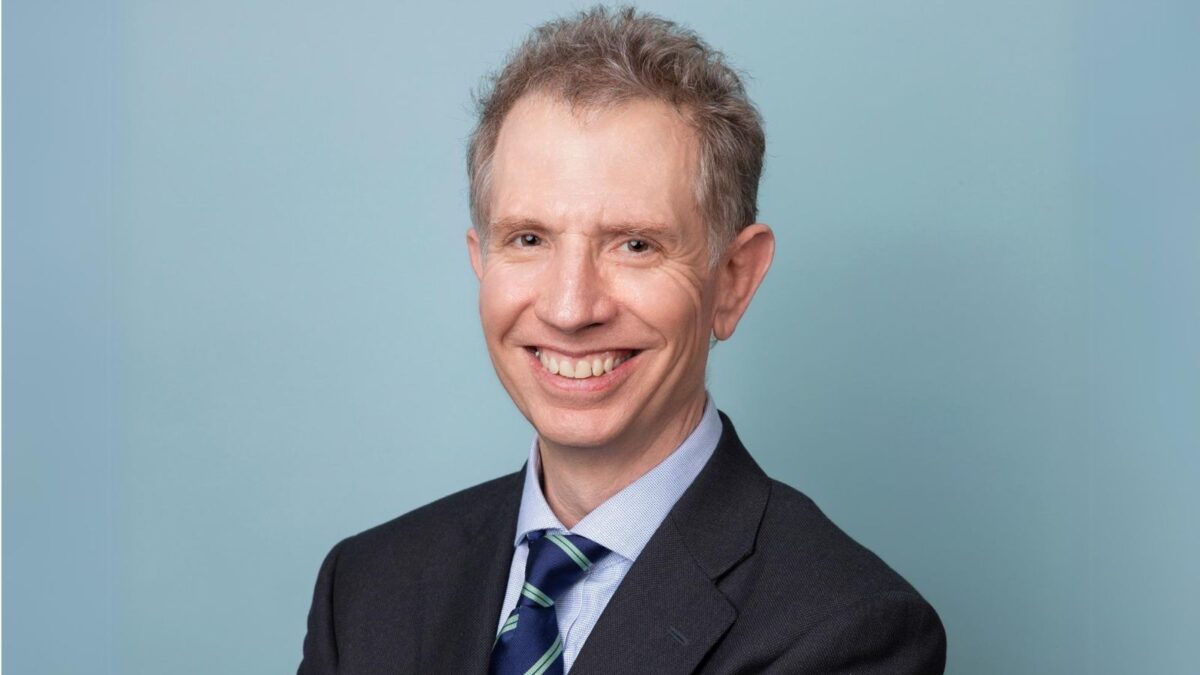Trillions up in flames amidst global market turmoil
Total AUM at the world’s 500 largest asset managers fell by around $18 trillion over 2022 as the ultra-low rates era came to a sudden, painful end – the first significant drop in global AUM since the GFC, according to new data from WTW. But the “turbulence and uncertainty” of 2022 likely signals the dawn of new era for asset managers, which will have to find new ways to grow their business.
“With the removal of tailwind conditions for asset values, the asset management business has had to deal with considerable stress with costs on a natural rise,” the WTW report says. “This margin pressure has led to asset managers adopting bigger change profiles in which a focus on private markets, increased personalisation and use of technology are common strategies.”
Australian managers were also hit by loss of mandates from super fund consolidation and the Your Future Your Super performance test, which has seen funds bring their equities exposures closer to the benchmark through increased use of passive strategies. Local managers with exposures to infrastructure and other alternatives “stacked up reasonably well” in AUM rankings, while those with a heavier exposure to equities – like Magellan and Perpetual – saw their ranking decline.
“The business of these managers is predominantly equity oriented,” Leslie Mao, head of equity research at WTW in Australia, tells ISN. “Not all of them saw AUM decline, but equity managers in general didn’t do as well as the other managers on the list. The others either have a diversified portfolio of different products of liquid or illiquid alternatives, or are predominantly in unlisted or private markets. If you judge them by AUM change, they’ve done reasonably well compared to equity managers.”
But there’s also been the delayed revaluation of illiquid assets to contend with, Mao says, and the data contained in the WTW report – which cut off at the end of 2022 – might not be entirely contemporaneous.
“Maybe, when we get to next year’s results, we might have seen some interesting changes across those illiquid alternatives managers,” Mao says.
The other big shift in the industry has been in sustainability, Mao says, and the growing move away from exclusion of certain securities in favour of engagement.
“The industry has now taken a slightly more nuanced approach to engagement; before 2022, a lot of practitioners probably took the approach of exclusion in general, but over the course of last year managers have come to realise that engagement is as important, or probably an even more powerful tool to achieve sustainability than simply excluding,” Mao says.










